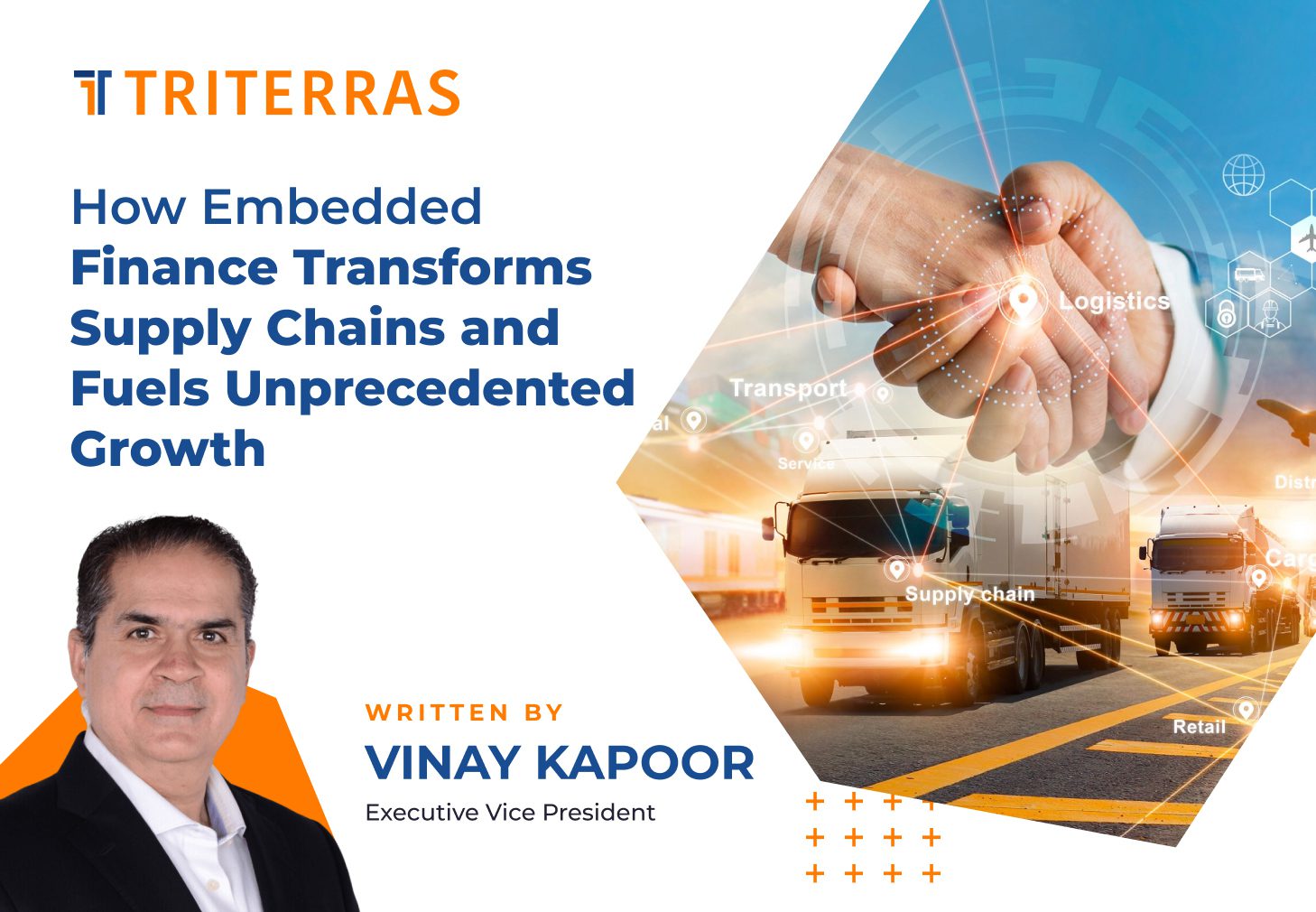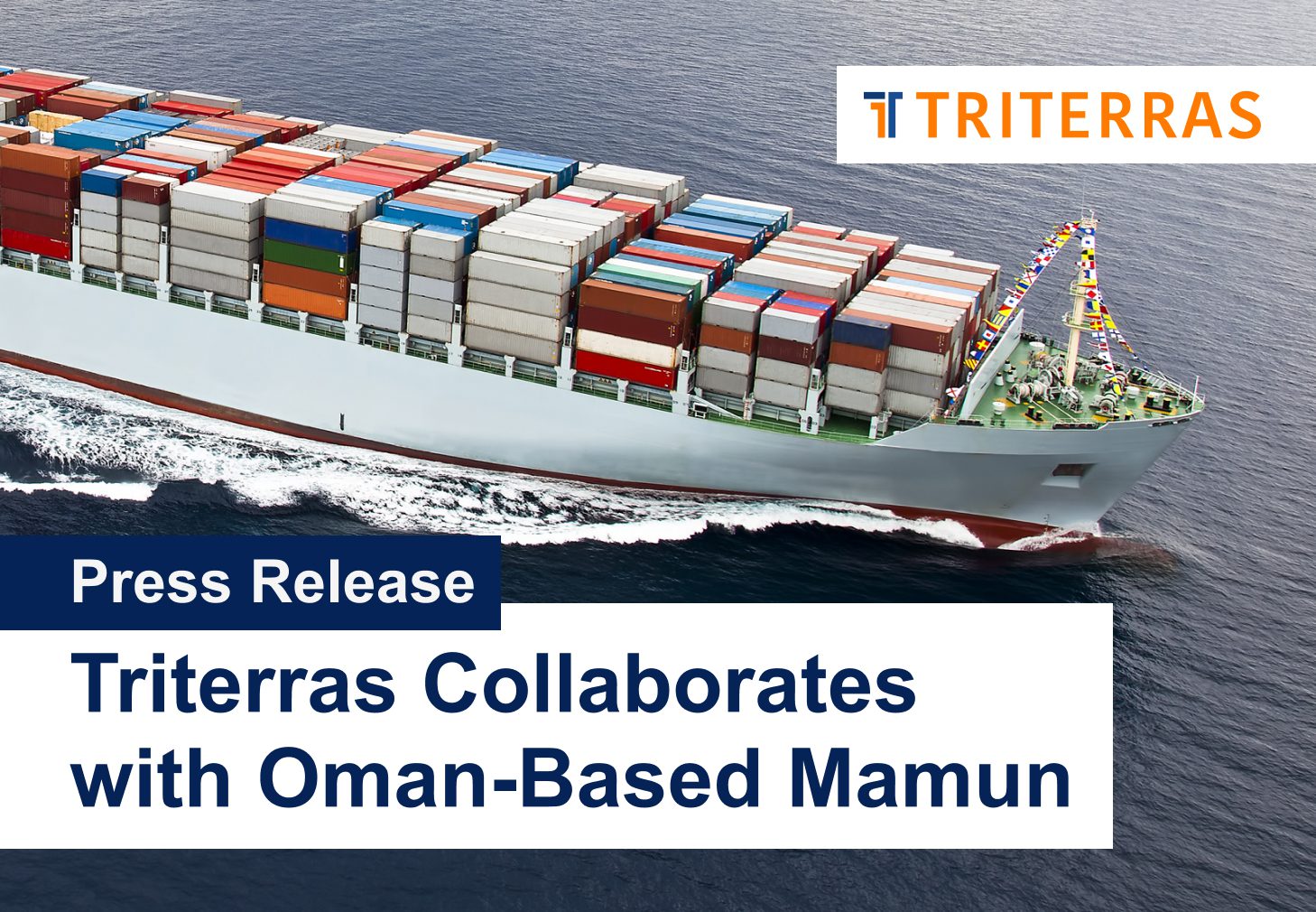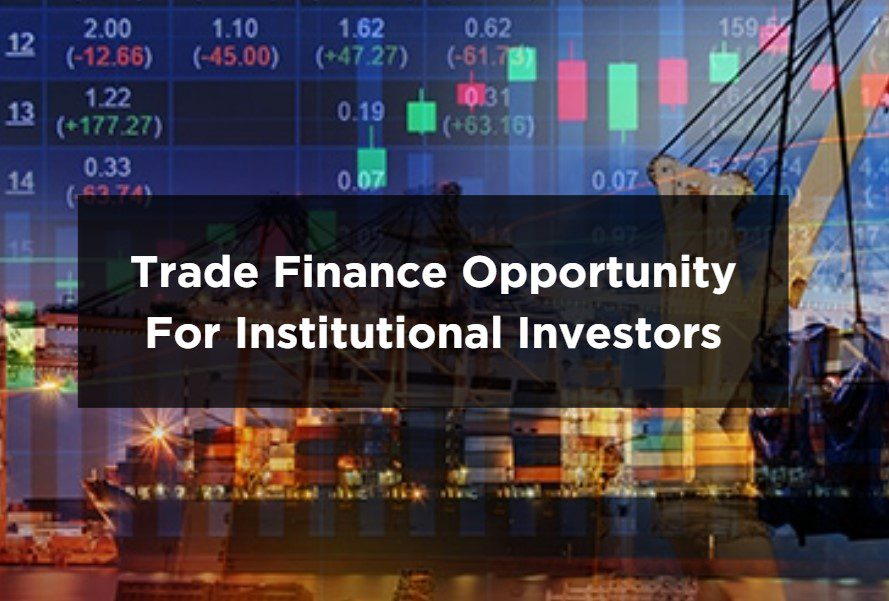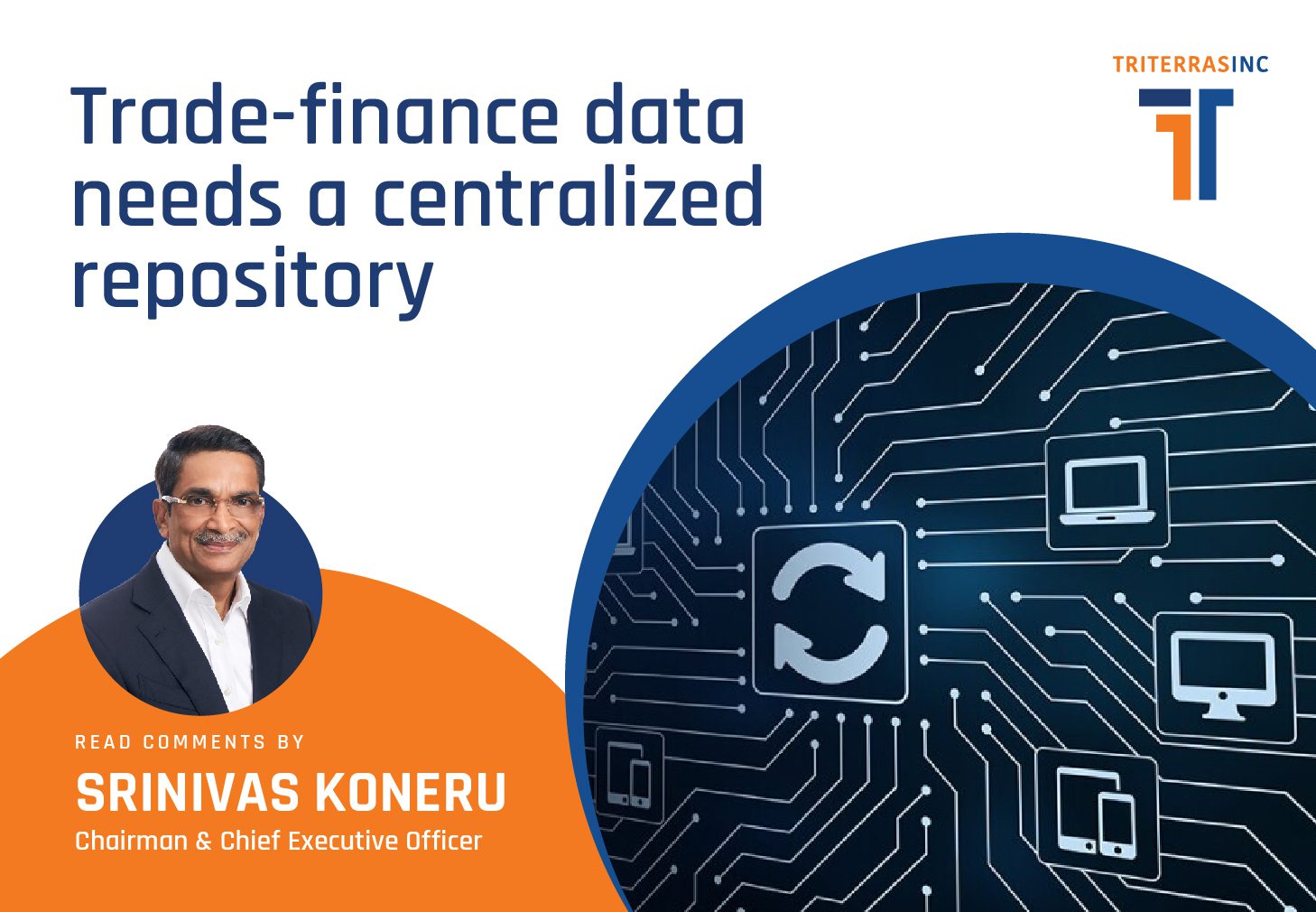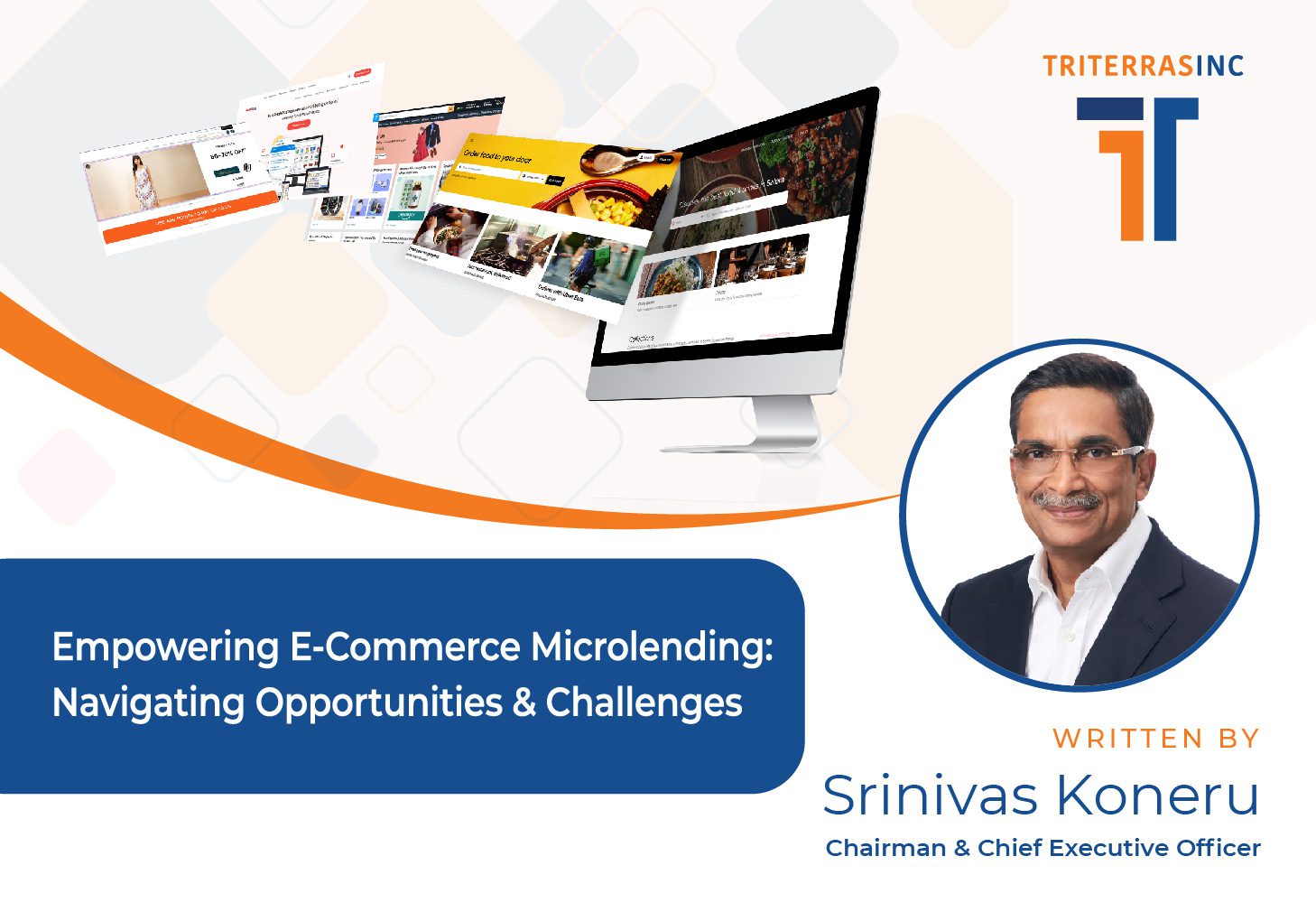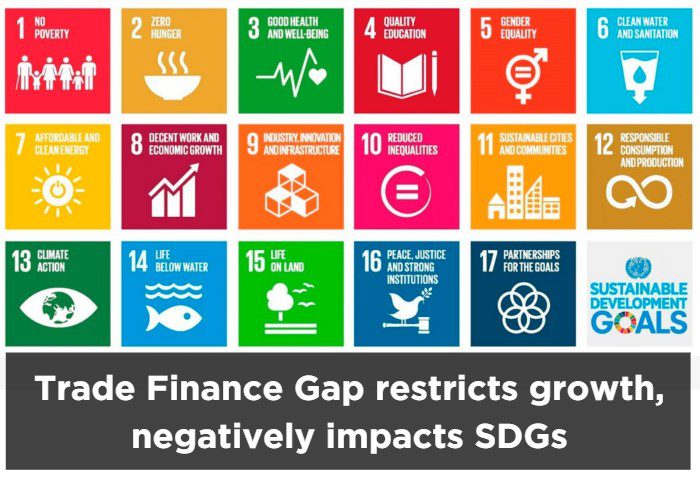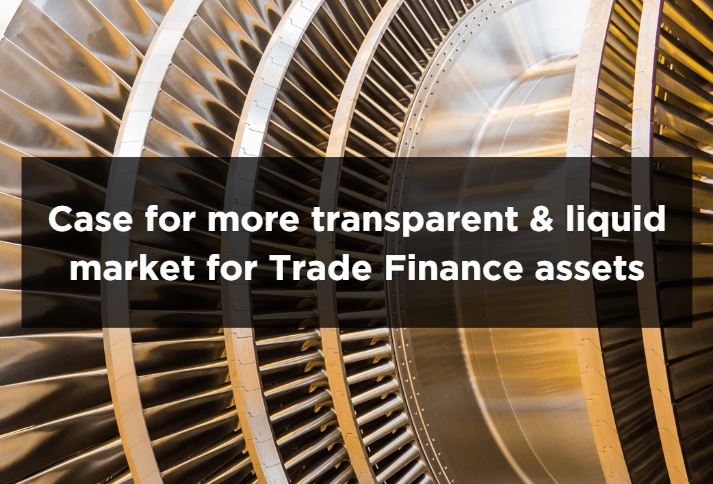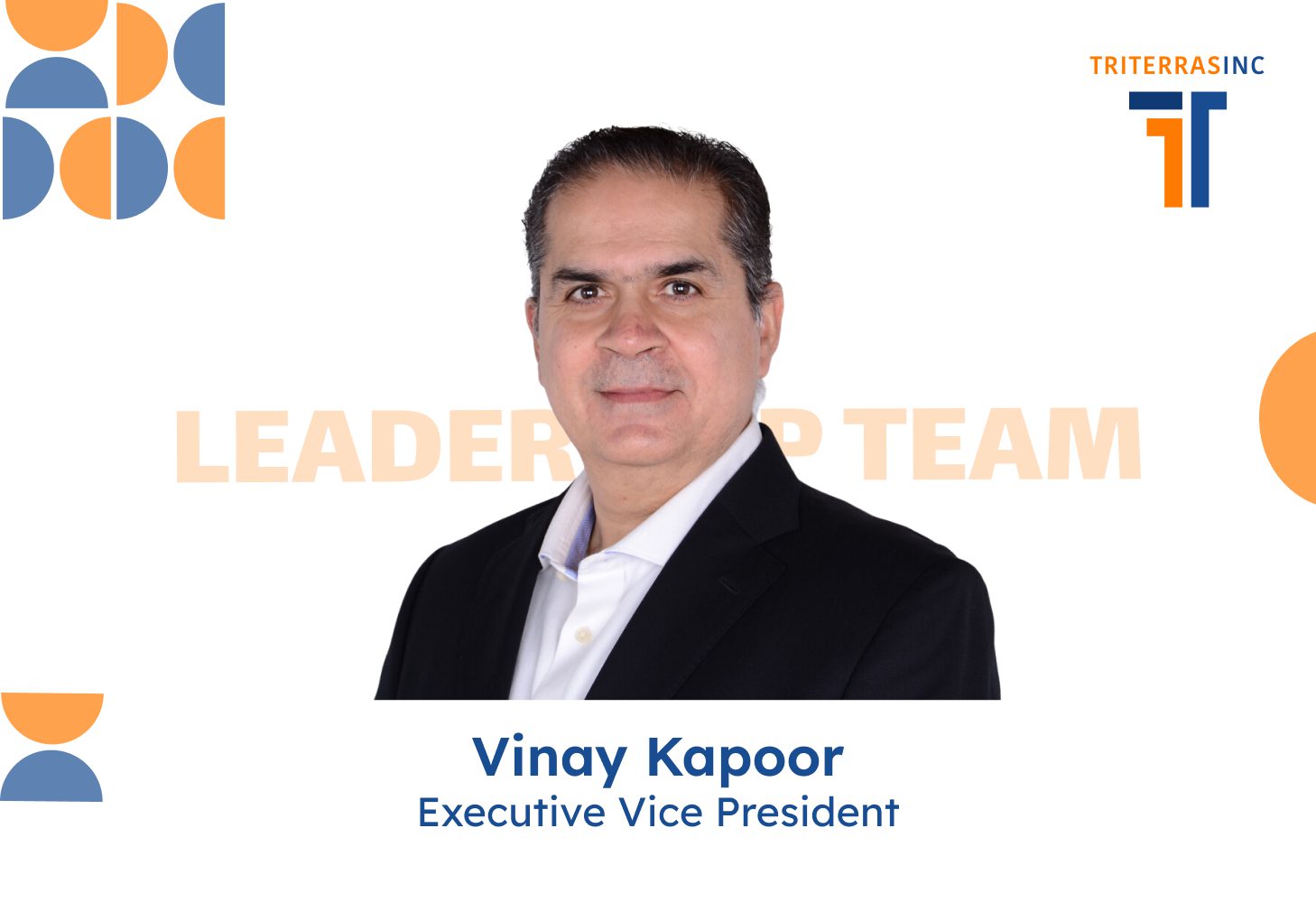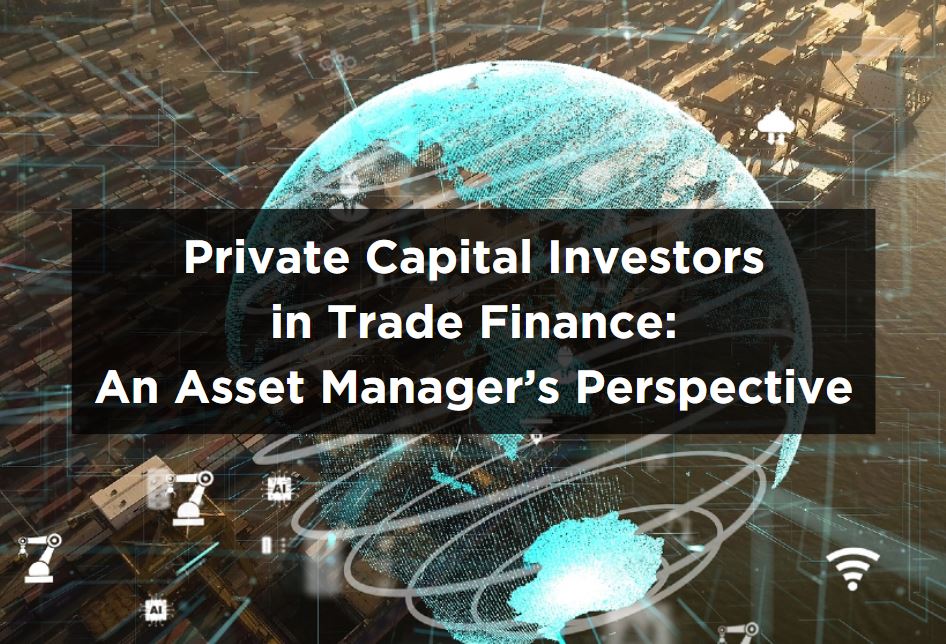Contrary to a simple funds crunch, a funding winter signifies economy-wide low to no availability of funds for startups. It spreads to all levels and phases of startup funding, from seed round to other rounds. Its effect on conventional channels of availing working capital may not be as pronounced as on startup funding. So, a funding winter does not mean you will not get bank loans against collaterals or factoring against invoices. Given the economy’s general mood, you may have to bear higher interest rates, stricter inspection, and accept other unfavorable terms and conditions.
It’s a period of economic gloom for new businesses as external funding is harder to come by and costlier than under normal circumstances. Many reasons may cause a funding winter, but in the end, it means system-wide disengagement of venture capitalists and startup funders. How do you steer your business through such rough economic weather and keep it afloat till the storm subsides? It might be tempting to avail of loans and working capital at any cost, but that’s a risky solution. It may lead to your firm becoming overleveraged and adopting a long-term recipe for disaster for getting short-term relief.
The safe and sound mode of surviving a funding winter would be strategizing so your business doesn’t have to depend on external funding. If it seems to be an unviable proposition in your specific situation, the dependence has to be lowered as much as possible. And that rests on cash flow corrections, controlling the cash burn rate, and finding ways to extend your cash runway by at least 18-24 months or make it unlimited. To do this, you’ll need to optimize every conceivable business process, cut out flab at every opportunity, build flexibility, and be ready to pivot and change directions.
You must pause and veer away from a model of breakneck growth that pursues a strategy of fast customer acquisitions at the cost of profitability. In short, you will have to adopt a business model that is lean, mean, flexible, asset-light, and also has enough network and on-demand support to scale up or down without any disruption in brand experience and customer delight. Hopefully, widespread digitalization and automation have made adopting such a model easier than ever before. Even if you can only partially overhaul your business operations, much of it can be digitized and automated with low-cost solutions.
An entrepreneur is essentially a hub of operations, like a conductor guiding the orchestra of business processes and setting the chords and harmony without personally touching any instrument. Now, one can run a global business with just a registered office address while outsourcing and automating operations to support firms worldwide and monitoring everything through a laptop. It would be best to adopt that business model to survive a funding winter. Move processes from hiring resources to producing goods to an on-demand model. Yes, profit margins might be lower than you could have done with a conventional model of business owning requisite resources.
However, the amount of profit would be higher along with better chances of survival and lower the need for finance. Big companies stay big because they have been doing this for a long time. Fortunately, now those solutions are within reach of small businesses too. Furthermore, if you adopt an asset-light, flexible, and scalable model right from the beginning, a funding winter won’t affect your business venture as you would have future-proofed it right from its inception.







